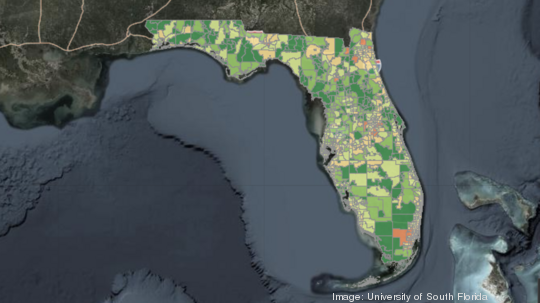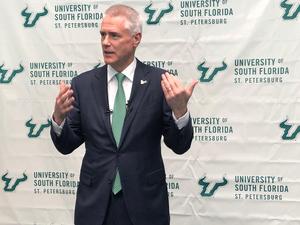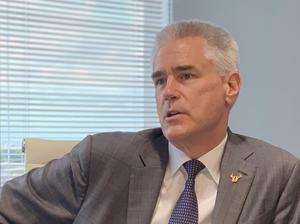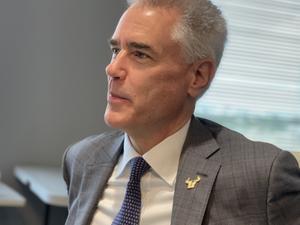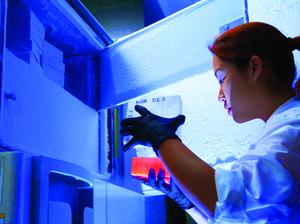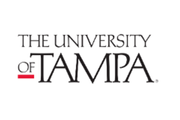
The University of South Florida has launched a project sponsored by Microsoft to help tackle the threat of emerging infectious diseases.
The global modeling project helps scientists more quickly identify and respond to emerging diseases using a system of simulation models. Edwin Michael, a professor of epidemiology at USF, was tapped to build the library of models and update with real-time data from across the globe.
Microsoft gave Michael $165,000 worth of cloud credits, which he can use for the company's software for his project. He will use the software to develop a system that teaches itself how to recognize characteristics of airborne, waterborne and mosquito-borne diseases. Beyond global data from health sources and journals, it will take socioeconomic and ecological structures into account, which could impact the viral transmission of disease.
“The Covid-19 pandemic has highlighted how understanding and predicting emerging and other outbreak diseases belong to modeling, decision and policy domains that are marked by significant uncertainty, complex global interdependencies and heterogeneity,” Michael said. “We are excited about the prospect of combining systems dynamics modeling with Microsoft’s data science, large-scale cyberinfrastructure, artificial intelligence and visualization strengths for developing a novel, agile, ‘smart’ process-based computational system to address this challenge."
The project's artificial intelligence will be used to track the life cycle of disease, starting with infection and running its course through death. The information is slated to help officials understand the virus' transmissibility and guide decision-making for mitigation and containment.
“With Covid-19, we have seen firsthand the role that cloud computing can play in helping advance research quickly, securely and efficiently,” said Jamie Harper, vice president of U.S. Education for Microsoft. “We support the work at the University of South Florida and look forward to the advances and learnings that will continue to spur innovation.”
Michael will build cross-campus collaborations between a crew of people including epidemiologists, data scientists and engineers, expecting to launch the first prototype in a year. He also plans to launch graduate and post-graduate student training programs.
He also has been working on a project model with Hillsborough County, which looks at vaccination rates by ZIP code and helps locate hotspots. It is part of a larger project that USF researchers have undertaken, pinpointing coronavirus cases by ZIP code, nursing homes and on-campus cases.
